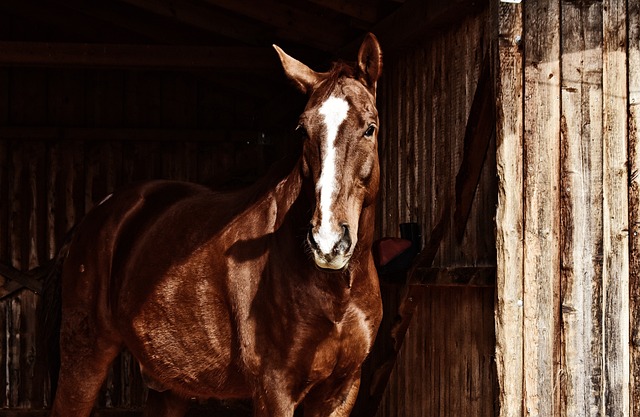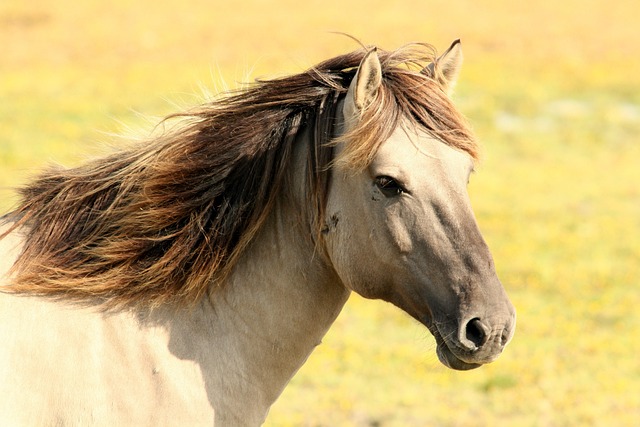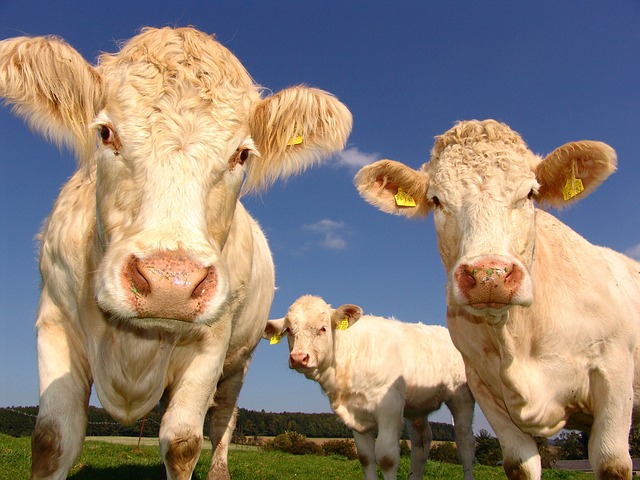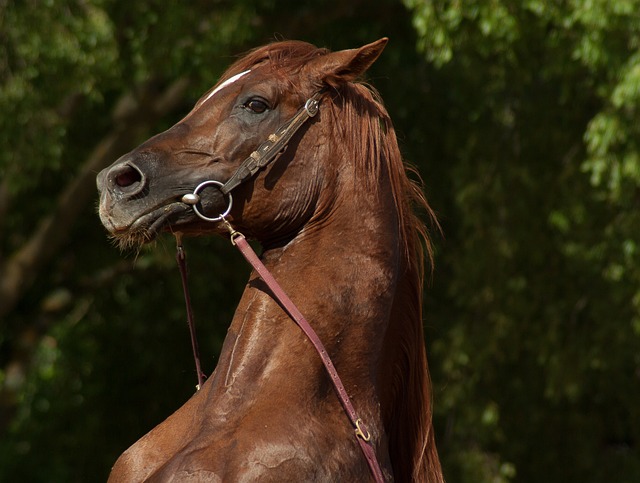
Poor performance
January 31, 2023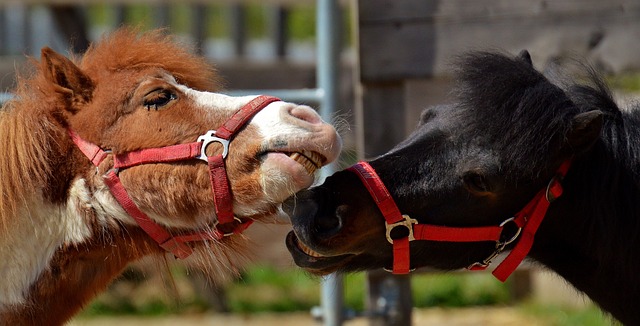
Play behavior
January 31, 2023“Understanding Fear and Phobia in Horses: Causes and Management”
Horses are prey animals and, as a result, they have a highly developed flight response that helps them avoid danger. While this natural instinct can be helpful in certain situations, it can also cause horses to experience fear and phobia, which can impact their behavior and performance. In this blog, we will explore the causes of fear and phobia in horses and discuss strategies for managing these conditions.
Fear is a normal response to potentially threatening situations, such as loud noises, unfamiliar objects, or sudden movements. In horses, fear can manifest as sweating, increased heart rate, and trembling. While fear is a natural response, it can become problematic when it interferes with a horse’s daily life and performance.
Phobia, on the other hand, is an excessive and irrational fear of specific stimuli. Horses with phobias may experience a high degree of distress in response to specific stimuli, such as loud noises, unfamiliar objects, or certain places. This excessive fear can lead to a variety of behavioral problems, including difficulty handling, difficulty with performance, and reluctance to enter certain areas.
There are a number of factors that can contribute to the development of fear and phobia in horses, including genetics, previous experiences, and traumatic events. It is also important to note that some horses are naturally more prone to fear and phobia than others.
In order to manage fear and phobia in horses, it is important to address the underlying cause. In some cases, this may involve changing the horse’s environment, such as removing the source of fear or desensitizing the horse to specific stimuli. In other cases, medication may be necessary to manage the horse’s anxiety.
It is also important to work with a professional trainer or behaviorist to develop a training program that will help the horse overcome their fear and phobia. This may involve gradually exposing the horse to the feared stimulus in a controlled and safe environment, while providing positive reinforcement for calm behavior.
In conclusion, fear and phobia can be problematic for horses and can impact their behavior and performance. By understanding the causes of these conditions and using management strategies such as desensitization, medication, and positive reinforcement training, horse owners can help their horses overcome their fears and phobias and live happy, healthy lives. Always consult a professional trainer or vet if your are worried about any dangers.

